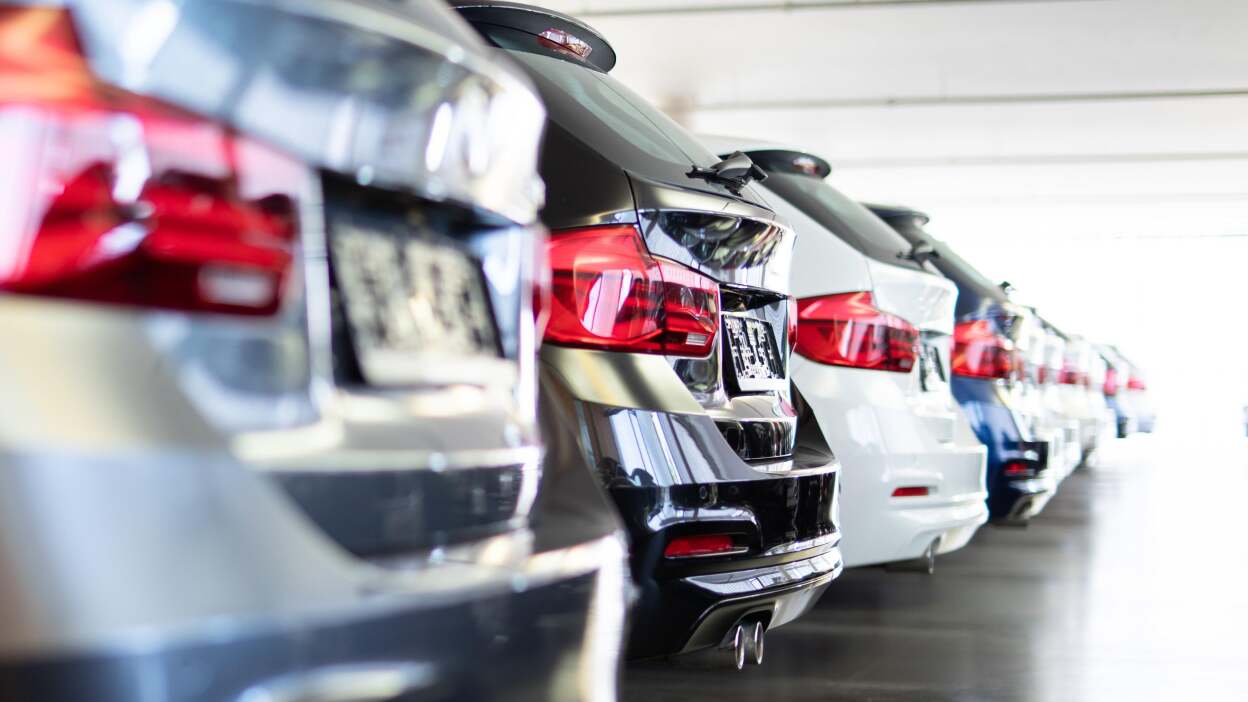In the current inflation-ridden hellscape of a car market we’re experiencing, you might see some advice that leasing is a solution to your car-buying woes. Wouldn’t you rather drive a shiny new car at a lower monthly payment, as opposed to financing a car—even if that means you’ll someday own it outright? While it’s possible to put a positive spin on leasing a car, for most people, it is not a wise financial move. Here’s what to know about buying versus leasing a car, and why leasing is probably not in your best interest in the long run.
Buying versus leasing a car
Buying a car means you own it and build equity in the vehicle with monthly payments (if you finance the purchase); leasing essentially means that you rent the car for a specific time period (typically two to five years).
The most obvious difference between leasing and buying is ownership. When you lease, there are restrictions to how long and how far you can drive your car. You’ll always have monthly costs and a lack of control over modifications to your ride.
Of course, leasing has some appeal; namely, leasing usually includes lower upfront costs and lower monthly payments. Many people are also drawn toward leasing because they prefer to have a brand new car every few years at the end of every lease term. Despite these apparent advantages, here’s why leasing generally deserves the bad rap it gets.
Why leasing a car is the wrong move
For most drivers, the perks of a car lease are not worth the thousands of dollars you’ll spend on an asset you won’t end up owning. Yes, your monthly payment might be lower if you lease instead of buy. But as our sister site Jalopnik explains, the main promise of leasing is often misleading: When you look at total spend of those monthly payments, leasing may cost you more than buying a new car outright.
Do the math for yourself, and see that the lower monthly payments will actually hit you harder over time. And when I say “do the math for yourself,” I of course mean “use a trusty online calculator.” Here are some leasing calculators to help you understand what your financial decision looks like in the long term:
The buy or lease calculator on Dinkytown includes factors such as annual depreciation, loan and lease fees, and interest you could earn on the money you save upfront by leasing.
Bankrate’s auto calculator is another useful tool where you can input things like how well you maintain your cars and what your credit rating is like.
While total spend in the long run is the main drawback to leasing, there are some other notable disadvantages. For instance, according to Money Under 30, the annual car insurance cost for a leased car is usually higher than for a car you own.
There’s also cause for concern when it comes to the fine print, like with a sneaky fact that you might owe a personal property tax on the car. Similarly, at the end of your lease, you could face unexpectedly pricey wear-and-tear charges.
And of course, your mileage is limited when you lease a car. If you know you drive more than 12,000 or 15,000 miles per year, leasing should be out of the question.
Experts generally say that leasing is a car is rarely worth the cost, and that buying is a better long-term financial decision. And if you must buy a car right now, it’s best to go for something pre-owned to avoid paying both interest and off-the-lot depreciation. Your decision will come down to your budget and your driving needs, but the general consensus holds up: Buying a car is smarter than leasing.




